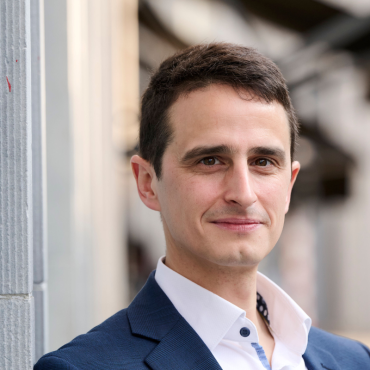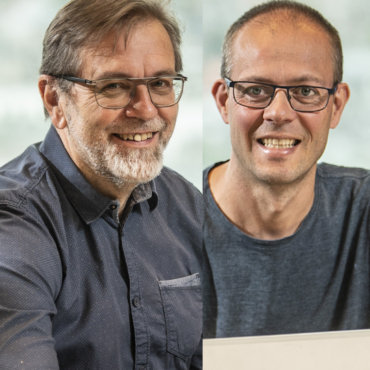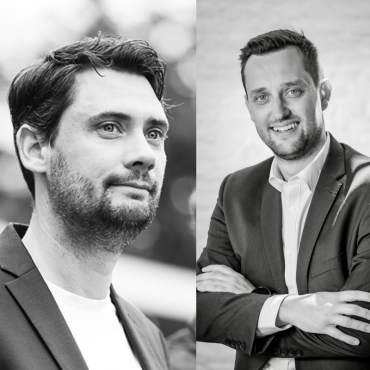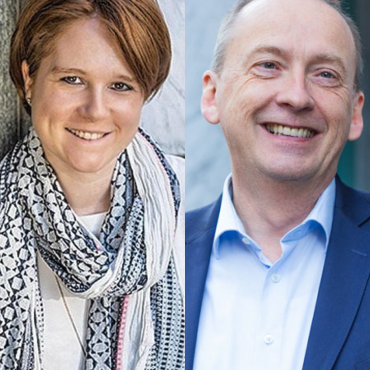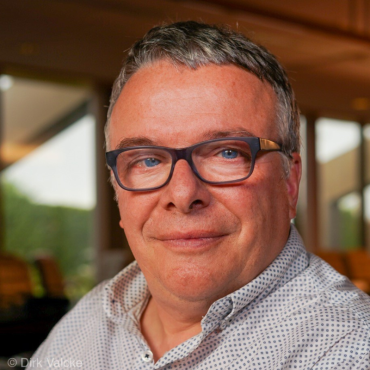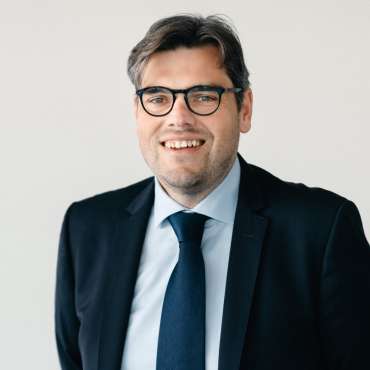“We want to become a more active member to integrate industry realities into cyber security”
“Shortly after becoming CISO in 2023, I began exploring the benefits of Solvay joining the coalition,” Paulus begins. “For me, this was an obvious decision because I strongly believe in the added value it brings to an organisation like ours, especially in today’s landscape. Over the past years, the cyber security sector has increasingly focused on business continuity, meaning that we now take a broader approach and emphasise awareness and our societal role much more. In this context, knowledge sharing—the coalition’s central objective—is more relevant than ever.”
Informal climate
“We officially became a member at the beginning of 2024, and so far, our expectations have certainly been met,” he continues. “For instance, the first event I attended was on NIS2, and it provided me with plenty of answers and valuable insights. My team members, who participated in other events and focus groups in the following months, gave me similar feedback.”
For Paulus, the experience has been a clear confirmation of the focus on knowledge sharing within Belgium’s cyber security ecosystem. “This remains a key priority, partly, certainly, because Belgium’s scale makes mutual and regular interaction quite accessible. But it is also a result of the relatively approachable work environment that has developed within the sector. The various stakeholders—public, private, and academic—clearly recognise that they are not operating in isolation and that looking beyond one’s own organisation is essential for the ecosystem’s overall effectiveness. In our neighbouring countries, things are generally handled with a more formal approach.”
A more active commitment in the pipeline
With this in mind, Paulus firmly intends to take on a more active role within the Coalition in the coming years. “We are already involved in several focus groups, but both I, as CISO, and we, as an organisation, want to increase our engagement in the network,” he states. “This is crucial because, as a society, we are more dependent than ever on the digital world for our daily functioning, making cyber security essential to the survival of our modern world.”
Moreover, Paulus is convinced that an industrial player like Solvay is a valuable addition to Belgium’s cyber security ecosystem. “As a global chemical company, our core operations differ significantly from those of traditional IT organisations. This distinction often means that cybersecurity policies and regulations, while well-intentioned, don’t always fully account for the practical constraints of our industrial environment. Take, for example, fingerprint authentication. While it works perfectly in an office environment, it becomes far more challenging in a production setting where employees are required to wear gloves all day. It is beneficial for the Coalition to consider these types of contexts when developing new plans and objectives,” he concludes.

